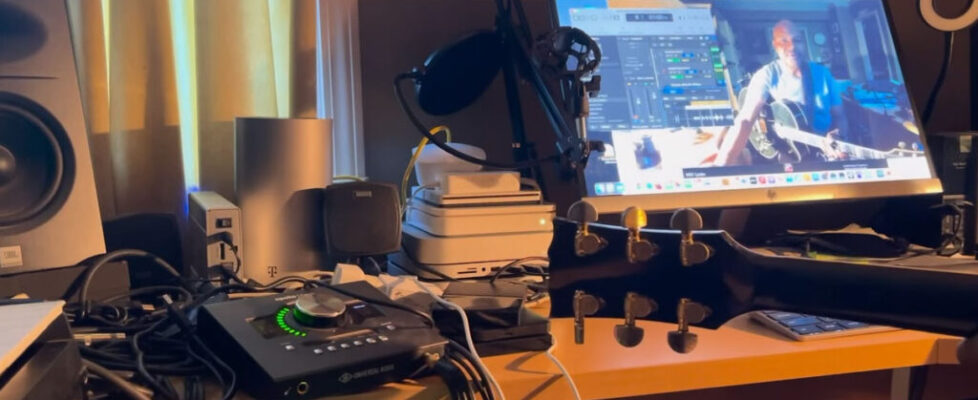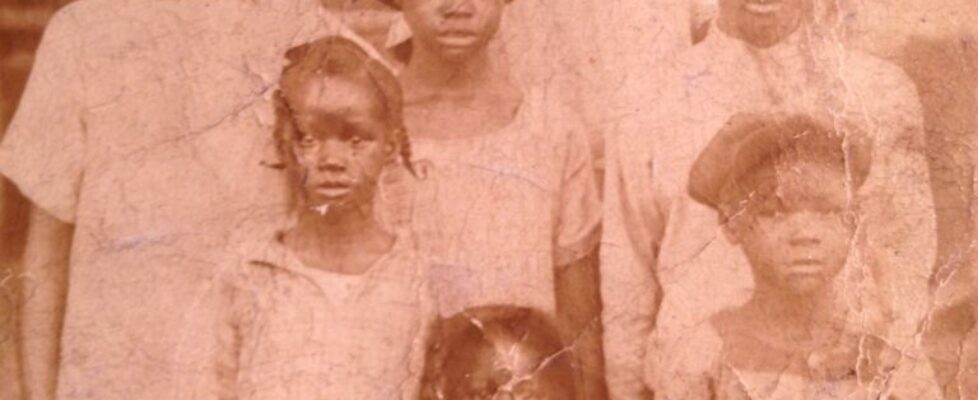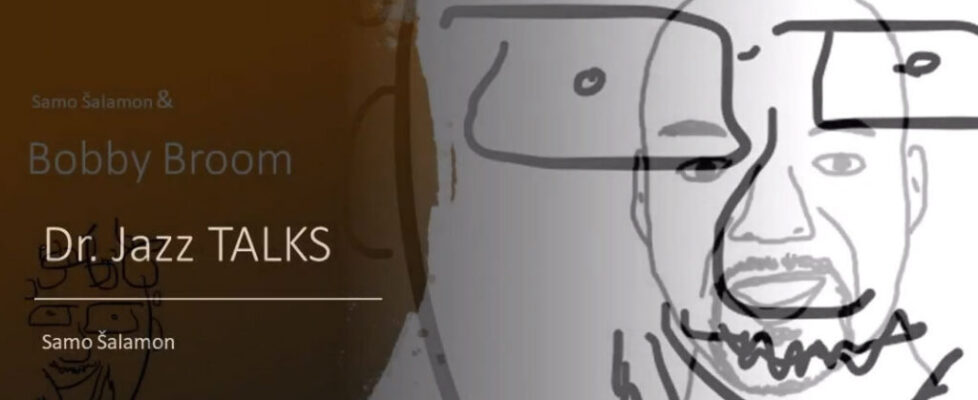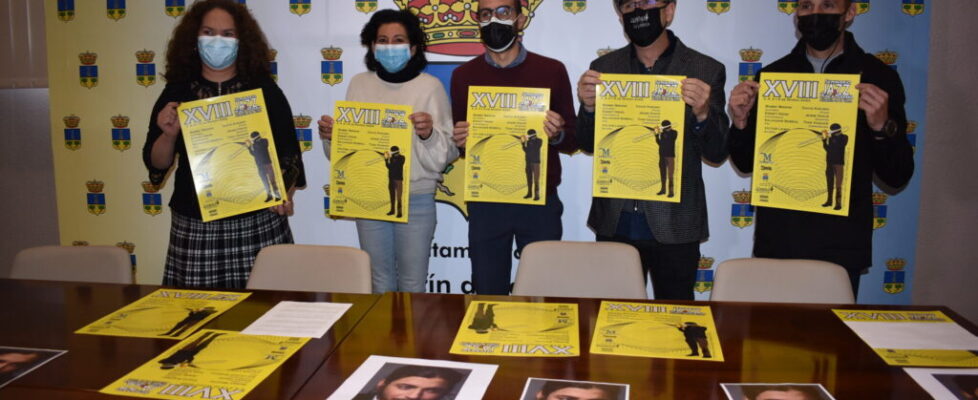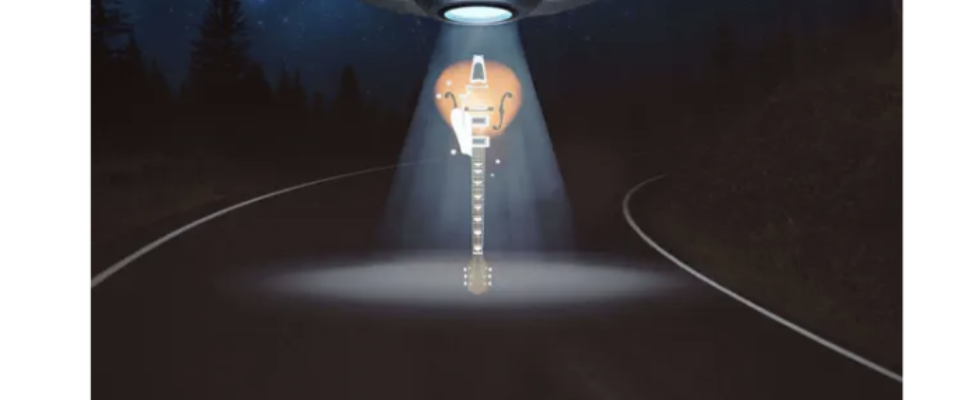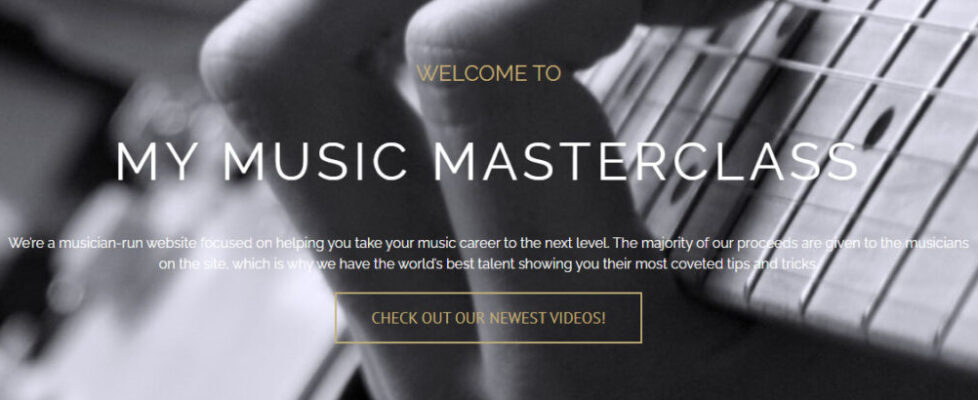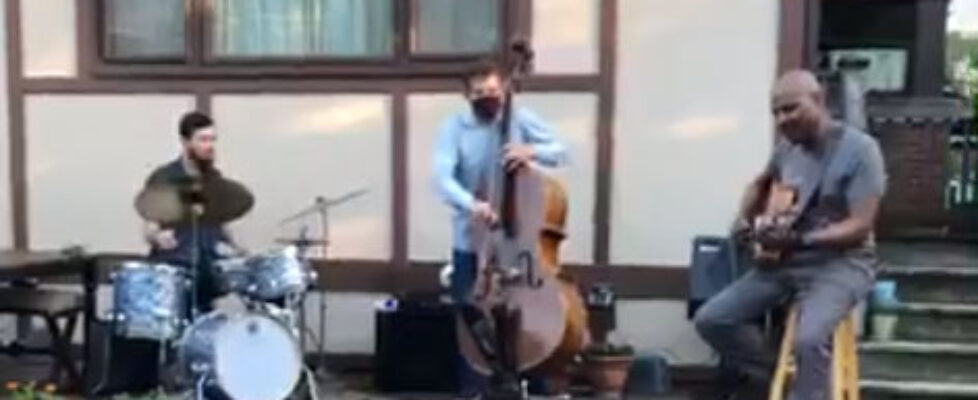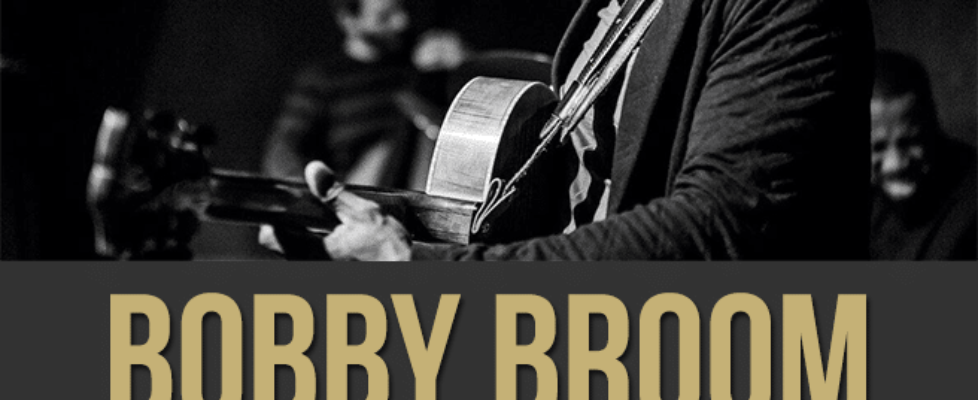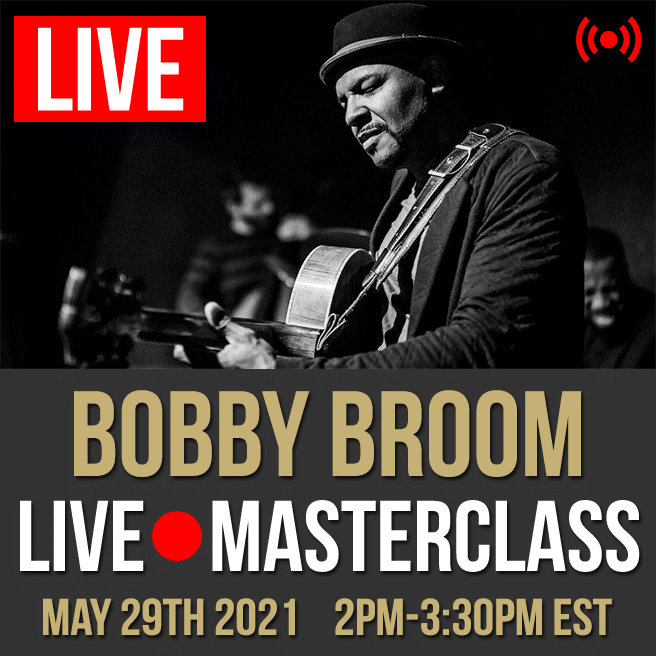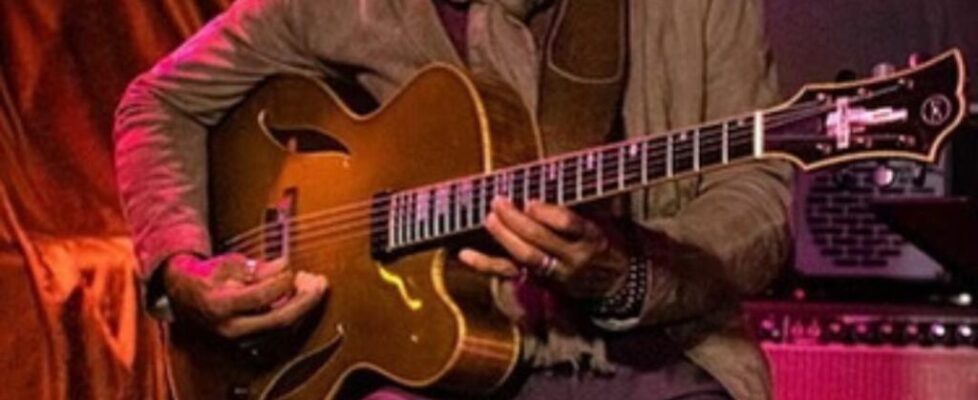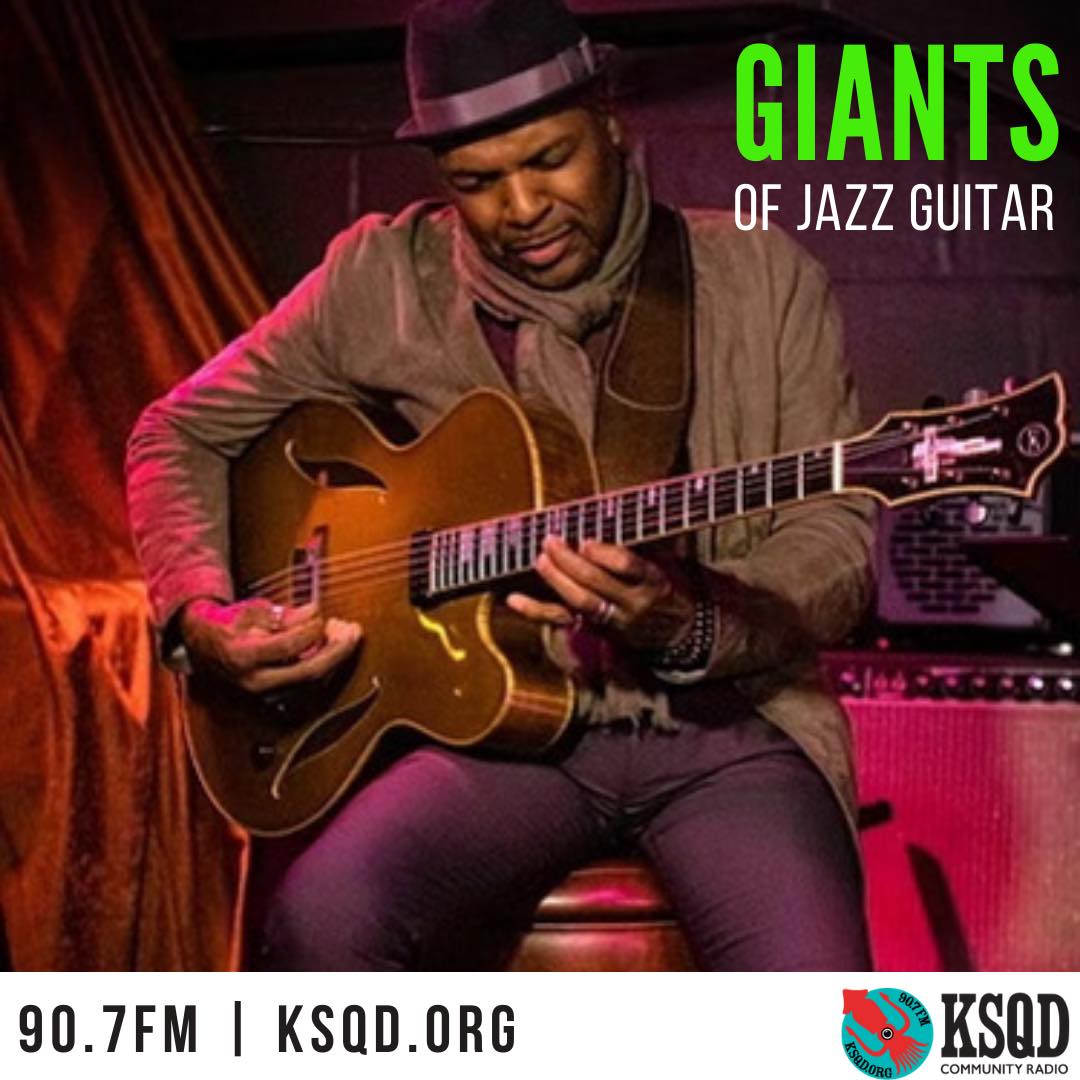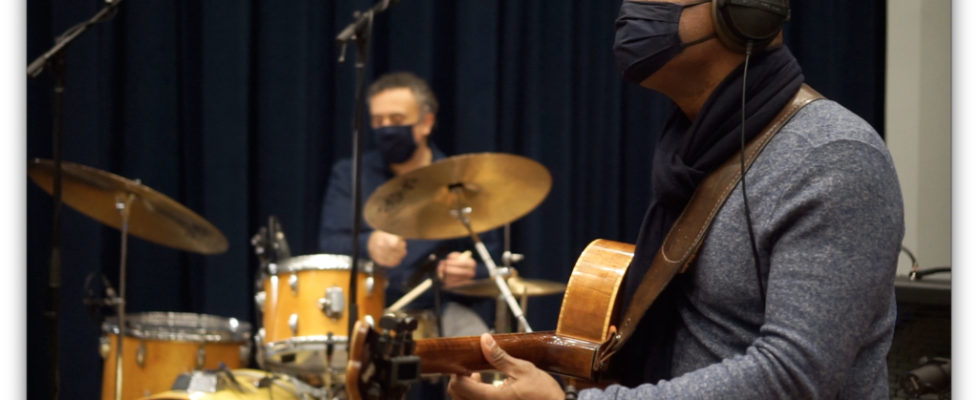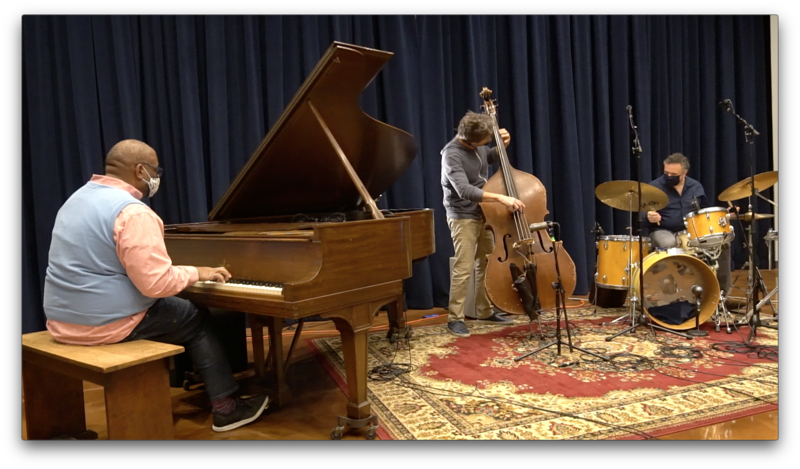My heart is full today as I announce my appointment to Associate Professor with tenure at NIU. This milestone in my career as a jazz musician and educator reminds me of the blessing of having two parents that embodied the spirit of perseverance that is encoded in the DNA of the African American.
Dad, was from an immediate family of Florida “farmers” according to census records (which was probably a euphemism for sharecroppers), with grandparents who were slaves; and mom, was from Appalachian coal-country in West Virginia.
Not advancing past the 6th grade, in the early 1930s as a teen, Dad had the ‘opportunity’ to work for President Roosevelt’s “Civilian Conservation Corps” https://bit.ly/3u9Cd5P in Florida. Somewhere along the way, he had a mentor that imparted the knowledge that “no matter what, no one is better than you.” As a working family man and father, he imbued everything he did (including raising me) with that notion of dignity.
Mom came up through the grueling, 1930s McDowell County, WV system of coal-mining–with its dangerous work conditions, farcical company store, and nefarious “Cinder Bottom” red-light district https://bit.ly/3bFsIoA. Gifted with intellect, vision, and inclined toward education, she rose above seemingly hopeless conditions to wind up in NYC where she received a Master of Arts degree in Education and became a respected NYC junior high school English teacher.
These two stellar examples of fortitude and the inherent resilience of Black folk–in addition to being the ones responsible for giving birth to my Capricorn nature—were my very first models. They set the stage, and rehearsed and groomed me to play my part in life.
Thank you to Northern Illinois University for recognizing my worth in my field and allowing me to be of service. Thank you Maureen Broom for your undying love, faith and investment in me. Thank you to all of my mentors throughout my life and career–Weldon Irvine, Sonny Rollins, Jackie McLean, Paul Jeffrey, Kenny Burrell, Bernie Dobroski, Craig Bailey, and Reggie Thomas. All of your support, encouragement, and belief in me helped to foster my continued belief in myself.
(Pictured is my grandmother, Leila, with six of her nine kids in around 1925. Dad, Robert, Sr., was the youngest boy on the bottom left.
URL: https://bit.ly/3pqAwxW

